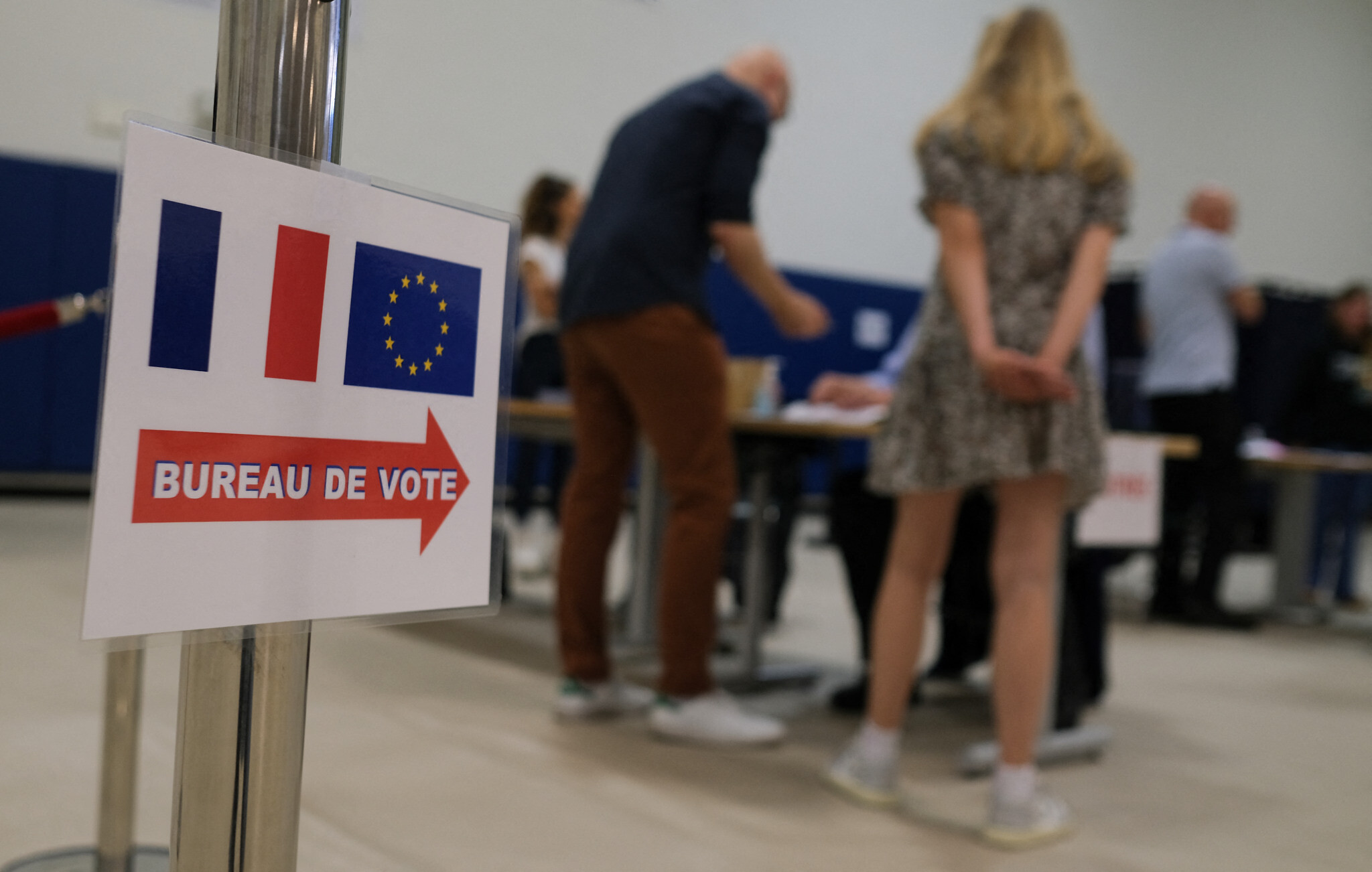In France, early parliamentary elections are taking place which are generating considerable interest both within the country and internationally. President Emmanuel Macron called for these elections after his party suffered a defeat in the European Parliament elections in June. Now, significant changes are possible on the political stage in France that could impact the country’s future.
Voter turnout breaks record
The elections are seeing a high level of voter turnout. As of 5:00 pm on June 30, 59.39% of French citizens have already voted, marking the highest turnout since 1978. Such a high level of participation indicates that the French citizens are actively engaged in the political process and concerned about the future of their country. Moreover, experts consider this as a clear sign that a significant portion of the population is dissatisfied with the state of affairs in the country – which is a common cause for a surge in voter activity.
Political intrigue: who will emerge victorious?
According to the latest polls, France is on the verge of a historic event. For the first time since the 1990s, a political force that does not belong to the president’s party may come to power. This means that the government and the president may represent different political factions, which will significantly complicate the country’s political landscape.
Rise of the far right
So far, the election results are unknown, but according to the Elabe center, which always models forecasts based on detailed surveys of a large number of voters, the distribution of forces is as follows:
- The far-right “National Rally” is attracting particular attention, which could receive between 33% to 36% of the votes. If this happens, it will be a significant political shift.
- In second place is the left-wing coalition “New Popular Front” with the support of 28% to 31%.
- Macron’s centrist alliance can only count on 20% to 23% of the votes.
Electoral system and the second round
France conducts elections under a majoritarian system. If none of the candidates receives an absolute majority of votes in the first round, the second round will take place on July 7. In this round, candidates who have received at least 12.5% of the votes from voters registered on the electoral rolls can participate.
Closing of Polling Stations and Vote Counting
Polling stations in large cities will remain open until 9:00 p.m., and in small ones until 7:00 p.m. on June 30. The voting results are expected to be intriguing, and soon it will be known whether the far-right can indeed prevail in these elections.
These elections could be a turning point for France, determining the country’s direction for the coming years. High voter turnout indicates that the French society cares about its political destiny, and the voting results could have far-reaching implications for the whole of Europe.


